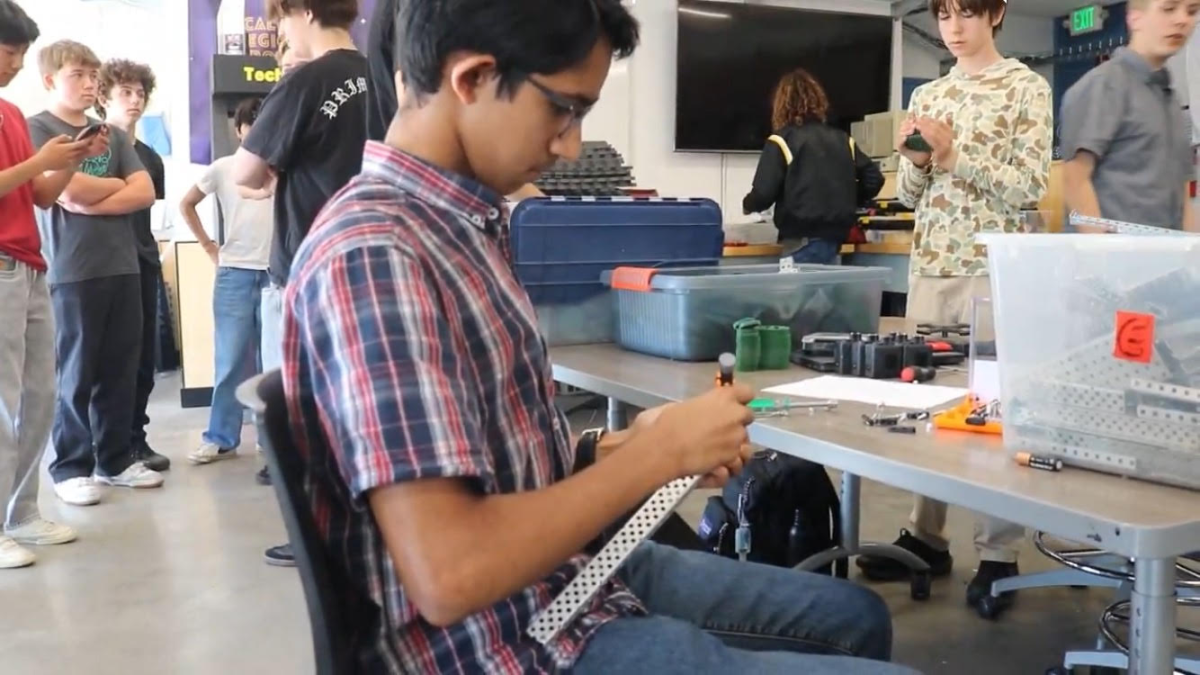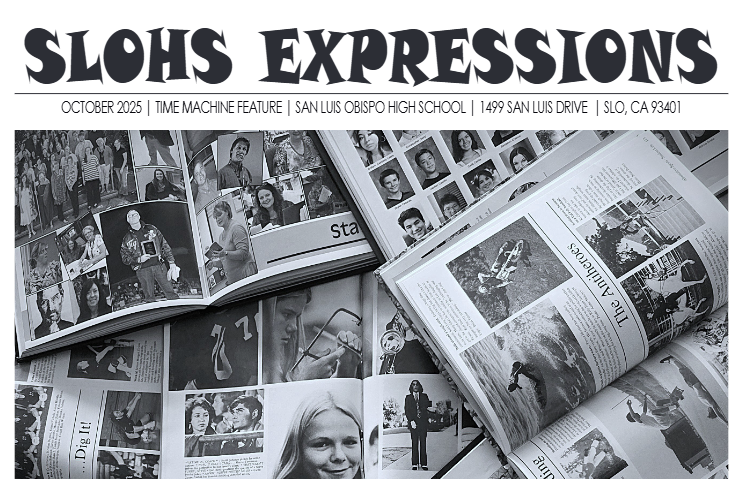American high schools boast of the advanced literature their students read. They claim that by force feeding Shakespeare, Fitzgerald, and Twain, we are instantly becoming cultured and a deep love for literature is being fostered. They are wrong.
The transformative influence of reading is being attacked by an educational system obsessed with targets and literacy.
“English class has always been one of my favorites and I enjoyed going there and learning how to identify my interests and use my time to better myself as a reader and as an individual in general, but when the classes’ curriculum transformed (primarily in high school) into analytical, nit-picky, tedious tasks where reading was only done to fulfill the purpose of meeting some criteria, I lost interest and it became more of a chore than a hobby,” said junior Emma Anderson.
American high schools, San Luis Obispo High being no exception, focus on the number of books being read every trimester, the complexity of the language of the books, the rhetorical strategies used, so much that the message and importance of the actual story is being overlooked. High school students are so bombarded with quizzes that focus on the most miniscule details, rhetorical essays, and comprehension worksheets, that there is never any time to appreciate and truly absorb the beauty of the book as art. No one can enjoy even the best of books when an insufferable number of pages is assigned per night, only to be mercilessly tested each time a chapter is read. This approach does not inspire a love for literature instead, it crushes it.
“English teachers make you read almost a chapter a night, then give you a test the day after. It just forces the reading on you and makes everyone not want to do it, even if they would have enjoyed the book in the first place,” said sophomore Michael Rudd.
The overabundance of tests and the dissecting of literature into categories of diction and rhetorical strategies destroys the pleasure of reading. There is so much focus on the technique of the story that the art is lost in the chaos. It inhibits deep thinking, instead training readers to regurgitate information. When we allow literature to become so polluted by petty details we lose its true purpose, to inspire, to challenge, to reflect inwards. In short, we have gained nothing from the experience of reading.
Reading the assigned pages alone does not guarantee that a student has absorbed the meaning of a book. It does not mean that the students have learned from it. It only means that the students completed an assignment, which may be enough to be successful in high school but nothing meaningful or life altering has been gained from the experience.
High schools should promote an understanding of the book, should attempt to allow students to analyze and let a work of literature affect them. This is achieved by reducing the number of quizzes, increasing group discussions, employing Socratic circles to help expose the deeper meaning of a story. High schools must branch away from the old style of excessive “comprehension” quizzes and instead foster a love and passion for literature brought about by the actual appreciation of the stories themselves.

































